Results 11 to 20 of 20
Threaded View
-
05-02-2014, 10:02 AM #1
 Tonights honing session & the HHT
Tonights honing session & the HHT
In the past despite reading about the HHT not being a very good indication of shave readiness, it has always been a part of my honing routine. Generally I will take a razor to my bevel setter choss 1k till it passes the thumbnail test, Norton 4/8k (sometimes if I got lucky it would pass HHT here), Then on to my Nani 12k at which point I would usually have the razor passing the HHT readily if not after some stropping.
I spent some time away from my normal honing progression and brought out the American Improved quality Three line hone I'd picked up from the local antique shop. Wanting to try it out and see where it left me. I did a little research and found information on the hone, print side is fine, back side is coarse. I was interested to see that lather was recommended as a lubricant so I gave it a shot. I did not expect much but actually the result were quite a bit better than I had anticipated. The coarse side was somewhere between my 1k and 4k, and the fine behaved a little lower than the norton 8k so about 7 I'd say. Though what truly amazed me was that every razor I honed with it was able to easily pop hairs on the HHT just on this stone.
Even though the results were better than expected, the razors shaved but with quite a bit more pulling than I would have liked.
Finally tonight I got back to my normal progression deciding that these three (Joseph Rodgers 7/8th's Half Hollow, Red Injun 101rp, and C-mon Blackie) Needed resetting due to microchipping visible under the loupe.
Now at this point I don't know what the difference was to my previous honing experiences, perhaps something about using a smaller hone such as the barbers hone changed my form a bit, I don't know. But after doing circles, up and down, and x-strokes until I had fully moved past the chips in the edge on the 1k I decided to try the HHT test for the hell of it. To my amazement my Joseph Rodgers passed readily all the way up and down the edge.
I repeated this with the second two, and each of them followed suite. This completely changes the way I look at the hht, if it can be achieved at the 1k level. At the same time I'd like to think these are the best bevels I've set so far, I'm excited to see how they shave. I've taken them up to the 12k stropped with .1micron on linen, and finished on leather. Will report how it goes tomorrow!
Just goes to show there's always something more to learn about honing
Cheers!
Julian
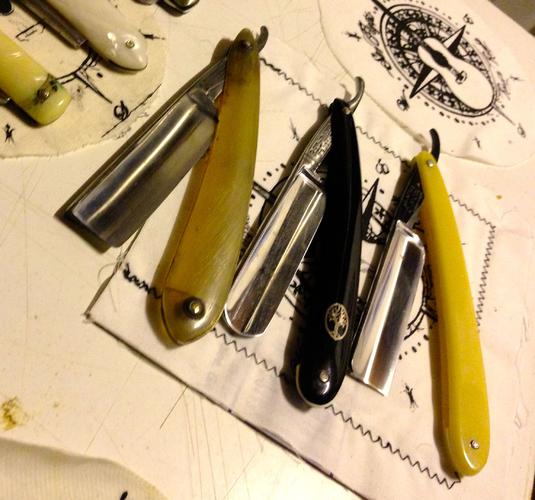
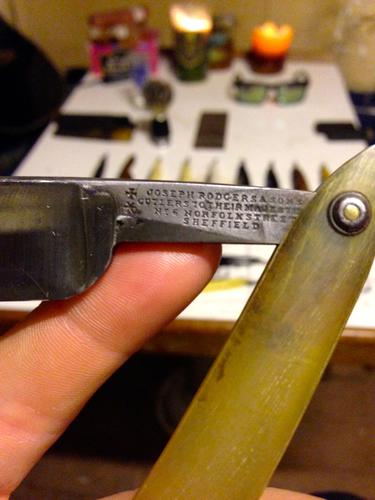
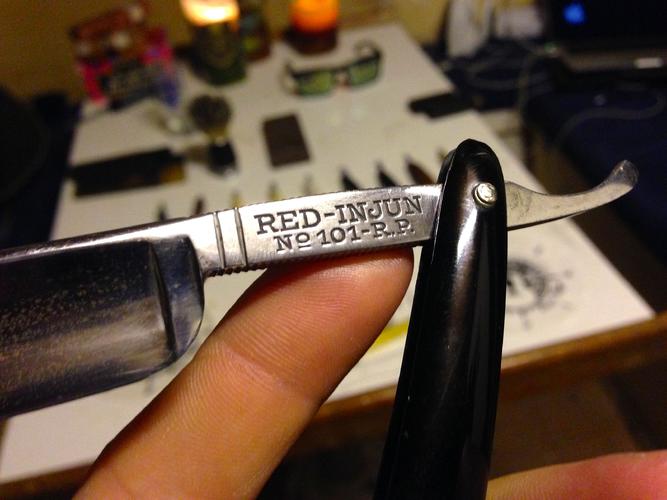
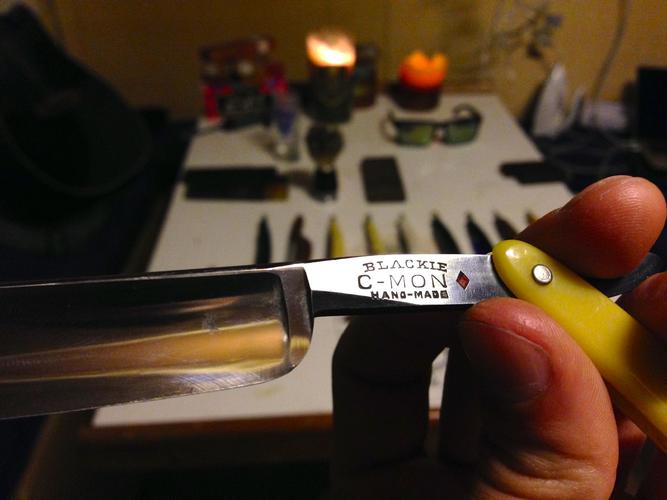
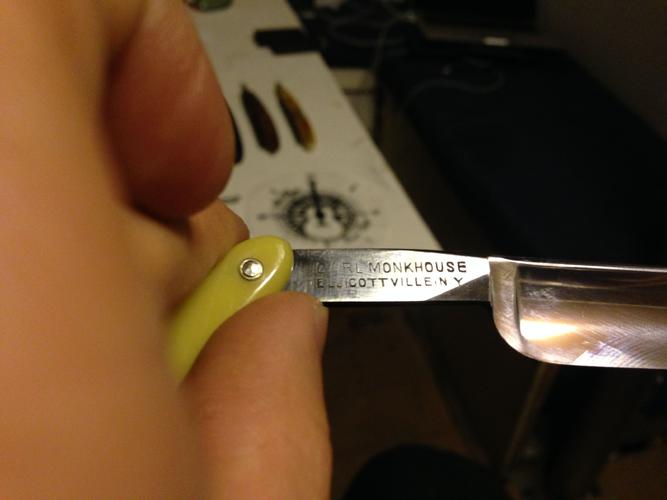 "One must always choose the lesser of two weevils." - Cpt. Jack Aubrey
"One must always choose the lesser of two weevils." - Cpt. Jack Aubrey


 49Likes
49Likes LinkBack URL
LinkBack URL About LinkBacks
About LinkBacks






 Reply With Quote
Reply With Quote
